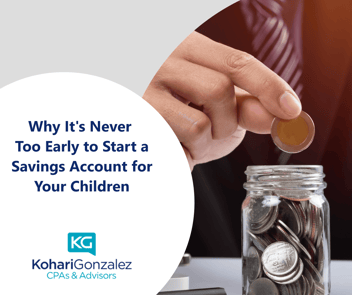Memorial Day weekend might be a little fragmented at times.
There we are, eating burgers, swimming in pools, and having picnics, all while ostensibly recognizing the sacrifice of so many thousands who gave their lives in the line of duty for this country and our basic liberties.
However, when you talk to Charlotte veterans (which I have the opportunity to do as part of our tax preparation job), they will often tell you that these very freedoms (which are far greater than backyard barbecues, of course) are precisely why those sacrifices are valuable.
So, regardless how disconcerting it may be, I believe parades and picnics are just the correct way to memorialise those who gave the ultimate sacrifice.
As a result, we take a moment to reflect and recall.
Memorial Day is more than just the “first day of summer.”
Now that summer has arrived, many Charlotte families' children are considerably more "underfoot" than they are during the school year.
So here's a thought for you: Could I recommend that the summer is the PERFECT time to restructure your children's money relationship? Here are some ideas on financial literacy for youngsters to get the conversation started...
Teaching Financial Literacy To Charlotte's Youth
“Adversity doesn’t test character, it reveals it.” James Lane Allen
While children are taught to save money when they are young, they will be better prepared to deal with financial problems later in life. Even this summer, here's how to get them started...
Encourage your children to set aside some money for the summer.
Whether it's a 10-year-old saving a dollar or a teenager opening a savings or checking account, instil the practise of saving in your children, no matter how little the sum. Start small over the course of the summer and work your way up to something special at the end of the season.
Assist children in striking a balance between rewards and sacrifices.
Set and achieve small goals with your children, which will allow for small indulgences along the way. Allow them a little withdrawal to buy something for themselves once these smaller goals are met. In the beginning, focus on small triumphs.
Introduce the concept of an emergency fund.
Allowing children to toss pennies or leave them laying on the ground can quickly mount up. These could be ideal seeds for the idea of an emergency fund (which will help them as they grow into adulthood).
Set an example for others.
Children don't have a lot of things to miss out on. They may ask why they need to save if they don't see you save. Share with them what you're saving for so they can understand how you're preparing for triumph.
Keep your children away from credit for as long as you can.
Credit card businesses devote a significant amount of time and resources to marketing to youngsters. With the emergence of app-based money systems, many children with smartphone access are even more vulnerable to the types of "time-saving" money traps that so easily ensnare adults. Make sure your children are aware of the credit dangers that may lie ahead.
Make money meetings a priority.
Meet with your child on a regular basis to go over their savings and emergency accounts, answer questions, and talk about any money problems he or she may have. Helping your children see where their money goes over the course of the summer, especially if they are earning a summer job in Charlotte, will help them gain financial clarity.
Of course, this leads to...
Assist children in creating a realistic budget.
The earlier young people learn to budget, the easier things will be in the long run. Younger children can begin by writing down their advantages and disadvantages on a sheet of paper, while older children can be introduced to budgeting software and applications.
The most important thing to remember is that you should not rely on "school" to teach your children about money. Summer is an excellent time to get started.
Warmly,
Sara F Gonzalez
(704) 599-3355
Kohari & Gonzalez PLLC



